TOP 10 Global Sustainability News | Oct 29 – Nov 5, 2020
2020-11-09GoldenBeeGoldenBee0
No.10 Yangtze River Delta Environmental Protection Industrial Chain Alliance launched
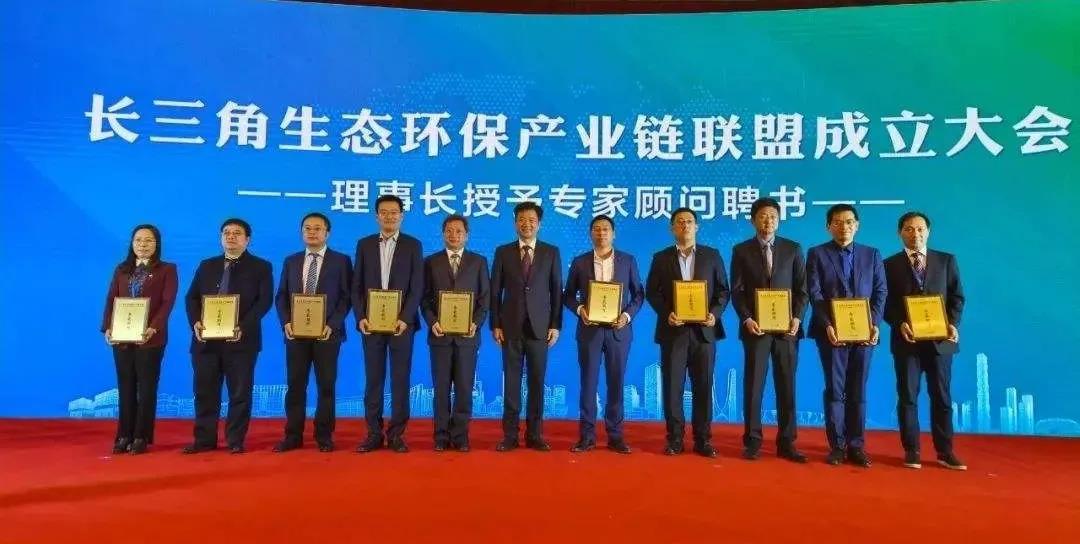
The alliance will target the following four tasks:
No. 9 Future Cities, New Economy, and Shared City Prosperity Driven by Technological Innovations (Chinese version) published

Consisting of 12 articles, this publication documents the research from leading academic institutions and laboratories in urban development around the world. It also reports innovative practices in governance and new economy in pioneer cities including Oxford, Chengdu, Singapore, Zurich, and Tokyo. Developed upon the English version, green recovery and fighting COVID-19 with digital technology are two unique contributions in the Chinese version. The publication responds to the SDG 11 “Sustainable Cities and Communities” from a range of perspectives including cities facing technological transformation, digital twin city and iterated urban infrastructure, scenario progression, urban business models and sustainable finance. (Institute of New Economic Development WeChat Account)
No. 8 The World Cities Report 2020 released
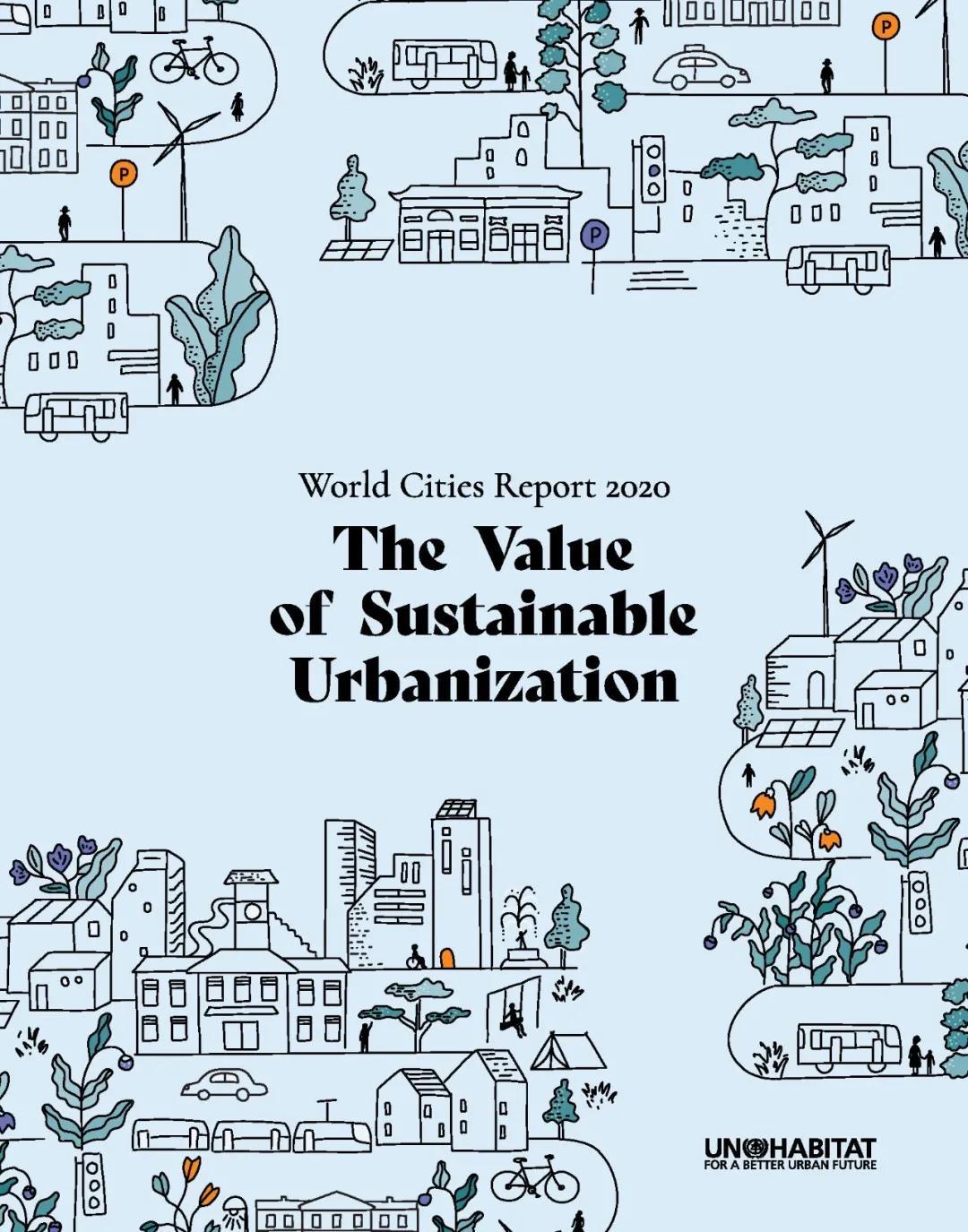
World Cities Report 2020 by UN-Habitat
The World Cities Report 2020, released on October 31, showcases the value of sustainable urbanization and how it can contribute to global efforts to build back better after the crisis.
“The World Cities Report 2020 convincingly affirms that well-planned, managed, and financed cities and towns create economic, social, environmental and other unquantifiable value that can vastly improve the quality of life of all”, said Maimunah Mohd Sharif, the UN-Habitat Executive Director.
UN-Habitat explained that cities generate economic value when they function efficiently, for example by providing transport options that reduce traffic congestion and shorten travel times, thus allowing for more productive employment.
Environmental value is generated in the case of compact cities that have walkable urban centres, thus leading to a reduction in their overall carbon footprint, the agency added.
Meanwhile, urban policies can reduce social inequalities. Providing housing for low-income residents, or creating safe spaces for marginalized groups such as migrants and LGBTQ+ individuals, are just two examples.
UN Habitat underscored that the value of sustainable urbanization can only be unlocked provided that various planning, finance and governance conditions are in place. The report calls on governments to create an environment that empowers local authorities to raise revenue, regulate land use, plan for urban growth, limit urban sprawl and relieve overcrowded housing. Similarly, local governments also should collect revenue to improve municipal services and public spaces. (UN News)
No. 7 UN remains committed to working with all US stakeholders and partners around the world to accelerate climate action
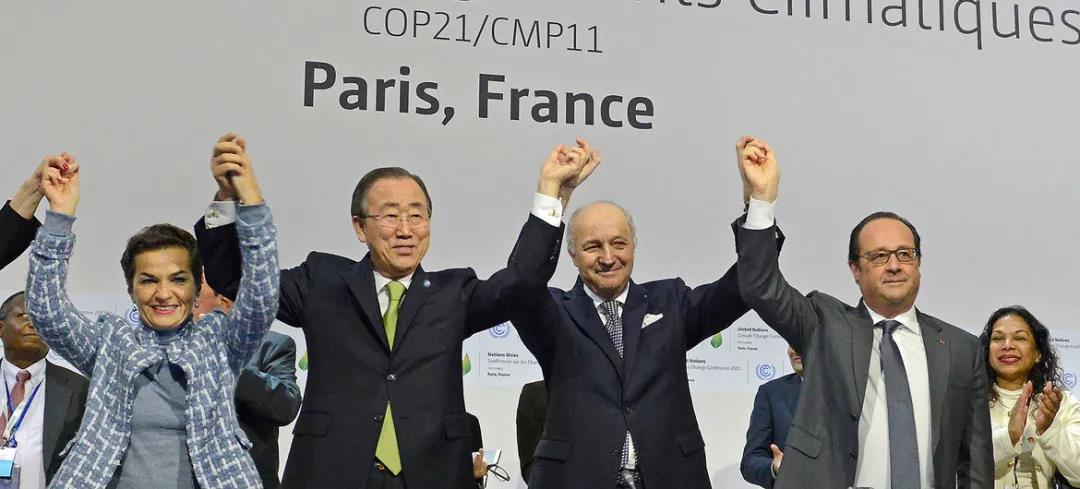
The Paris Agreement was adopted at the 2015 Paris Climate Change Conference |UNFCCC Photo
The UN climate change secretariat, UNFCCC, has underlined its commitment to work with stakeholders in the United States and beyond, to accelerate climate action, in line with an historic treaty on limiting global warming and curbing greenhouse gas emissions.
“We note with regret that the US withdrawal from the Paris Agreement has formally come into effect today”, the UN body said in a joint statement issued alongside Chile, France, Italy and the United Kingdom.
“As we look towards COP26 in Glasgow, we remain committed to working with all US stakeholders and partners around the world to accelerate climate action, and with all signatories to ensure the full implementation of the Paris Agreement,” their joint statement concluded. (UN News)
No.6 Sateri launches Sustainability Vision for 2030

The Vision comes with a time-bound roadmap and measurable targets. It encompasses notable targets including net-zero carbon emissions by 2050, achieving 98% Sulphur recovery rate at all its mills by 2025, utilising textile waste and produce viscose products with 50% recycled content by 2023 and 100% by 2030, and supporting more than 300,000 local families and smallholder farmers to develop sustainable livelihoods. (Sateri)
No.5 UK looks for ‘sustainable' aviation fuel

The United Kingdom is working towards operating its combat aviation fleets on more sustainable fuels than at present, with the government noting ongoing clearance efforts with original equipment manufacturers (OEMs). The Ministry of Defence (MoD) is looking to reduce its environmental impact through the reduced use of standard leaded aviation gasoline (Avgas), and alternatives are being sought.
With aviation fuel for the UK armed forces’ fixed- and rotary-winged fleets accounting for two-thirds of all fuel use by the MoD, Strategic Command reported in mid-October on the progress it is making in a three year effort to develop and field ‘greener’ fuels for its aircraft. (China Aviation News)
No.4 Xiamen Airlines SDGs City Exploration Competition promotes SDGs
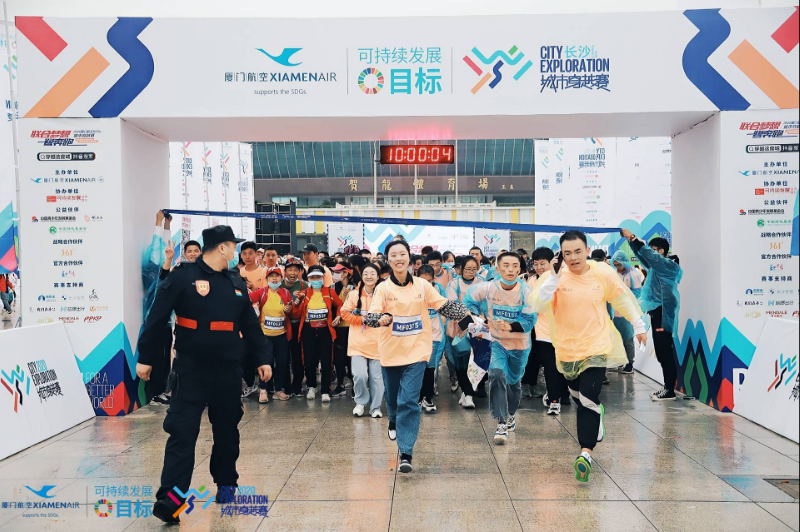
On November 1, the 2020 Xiamen Airlines SDGs City Exploration Competition officially started in Changsha, Hunan Province, attracting nearly a thousand competitors from 219 teams. The competition now is the only domestic public event with the theme of SDGs.
Planned by Xiamen Airlines to support the UN SDGs, the event calls on citizens to join and convey the concept of sustainability. The event was launched in Xiamen in 2019. Participating citizens are required to hike, run or take public transportation through major landmarks in Changsha, and complete 13 tasks including grain identification, fire escape, garbage classification within limited time. The tasks are all based on the 17 Sustainable Development Goals of the United Nations. (UN WeChat Account)
No.3 China unveils plan for new energy vehicle industry

China unveiled a development plan for its new energy vehicle (NEV) industry from 2021-2035 in order to promote and stimulate high-quality, sustainable development of China’s new energy automotive industry and accelerate the country into an automotive powerhouse, according to an official announcement on November 2. Released by the State Council, the plan listed five strategic tasks -- to improve technology innovation capacity, build new-type industry ecosystems, advance industrial integration and development, perfect the infrastructure system, and deepen opening-up and cooperation.
Starting from 2021, at least 80 percent of public transportation, taxi and logistics vehicles in the national ecological civilization pilot zones in Fujian, Jiangxi, Guizhou and Hainan should be new energy vehicles. The average electric power consumption of pure electric passenger cars was estimated to drop to 12kWh per 100km by 2025, while NEV sales would make up 20% of total vehicle sales
No.2 China unveils 14th Five-Year Plan and 2035 targets
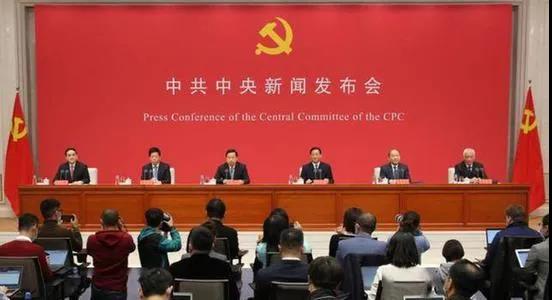
On November 3, a booklet of the Communist Party of China (CPC) Central Committee's proposals for formulating the 14th Five-Year Plan (2021-2025) for National Economic and Social Development and the Long-Range Objectives Through the Year 2035 has been published. It sets sweeping social and economic development goals for the next five to 15 years that aim to build the world's most populous nation into a modern socialist power in the economic, technological and other fields by 2035.
No.1 New Zealand’s Labour and Greens cooperate to tackle climate change

On October 31, Jacinda Ardern’s Labour party signed a “cooperation” agreement with the Green party. The parties have agreed to progress a shared policy agenda on climate change, environment, child wellbeing and “marginalised communities” issues. (The Paper)
Best Practices
- The 100-year brand — Air Liquide also has a sense of juvenile
- Beijing Public Transportation Corporation: Developing green transportation to build a harmonious and livable capital
- CGN: Building a modern factory in barren deserts and developing a new win-win cooperation model along “Belt and Road”
Upcoming Event

All the materials on the site “Source: XXX (not from this site)” have been reprinted from other media. They do not imply the agreement by the site.
All the materials with “Source: CSR-China Website” are the copyright of CSR-China Website. None of them may be used in any form or by any means without permission from CSR-China Website.
GoldenBee Official WeChat
Copyright © Csr-china.net All Right Reserved.
京ICP备19010813号










